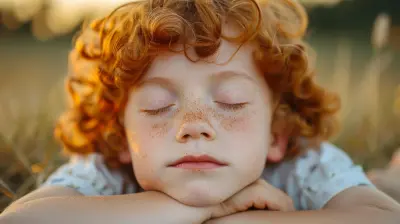How Peer Relationships Influence Emotional Development
4 November 2025
Ever heard the saying, "You are the company you keep"? Well, when it comes to emotional development, this couldn't be more accurate. From the moment we start socializing—whether on the playground, at school, or later in the workplace—our relationships with peers significantly shape how we understand, express, and manage our emotions.
But how exactly do our friendships and social interactions mold our emotional well-being? Grab a cup of coffee (or tea, I’m not judging), and let’s break it down in a way that won’t feel like a psychology lecture. 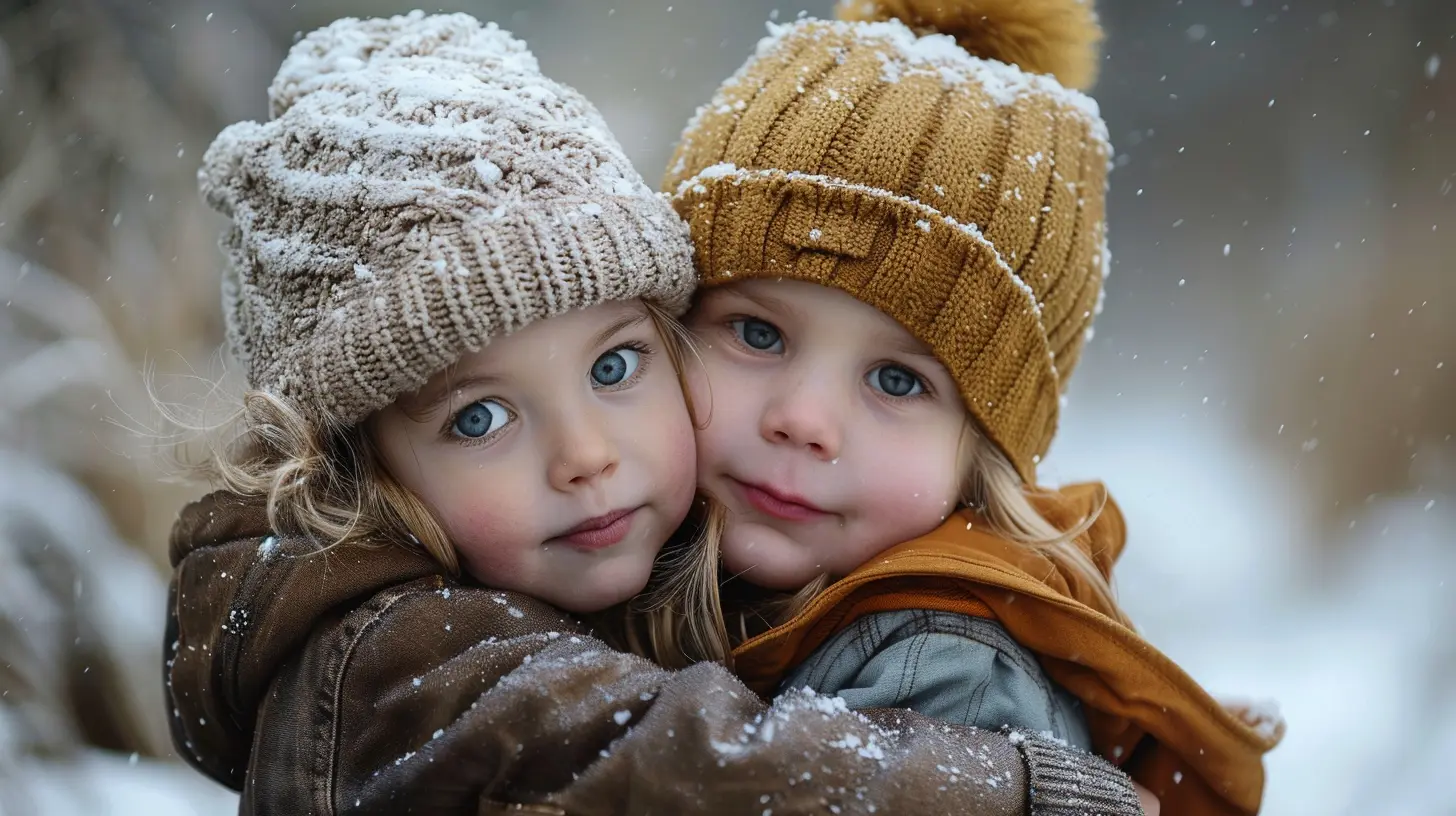
The Early Years: Playground Politics
1. Learning the Art of Emotional Expression
Remember kindergarten tantrums? That kid who threw a fit because they didn’t get the red crayon? (Maybe that kid was you—we’re not here to judge.) Social interactions teach children how to handle emotions such as frustration, excitement, and disappointment.Through peer relationships, kids start understanding societal norms:
- Is it okay to cry when you don't get your way?
- How do others react when you laugh too loudly?
- What happens when you share your toys versus when you don’t?
These early social experiments are like training wheels for emotional regulation. Some kids learn quickly. Others? Well… let’s just say some adults still haven’t mastered it.
2. The “Monkey See, Monkey Do” Effect
Humans are wired to mimic behaviors. If your best friend in third grade was confident and expressive, chances are you picked up some of those traits. Conversely, if your circle thrived on passive aggression (we all know that one clique), you might have found yourself mirroring those behaviors.This imitation isn’t accidental—it’s part of how we unconsciously learn emotional responses from our social environment. 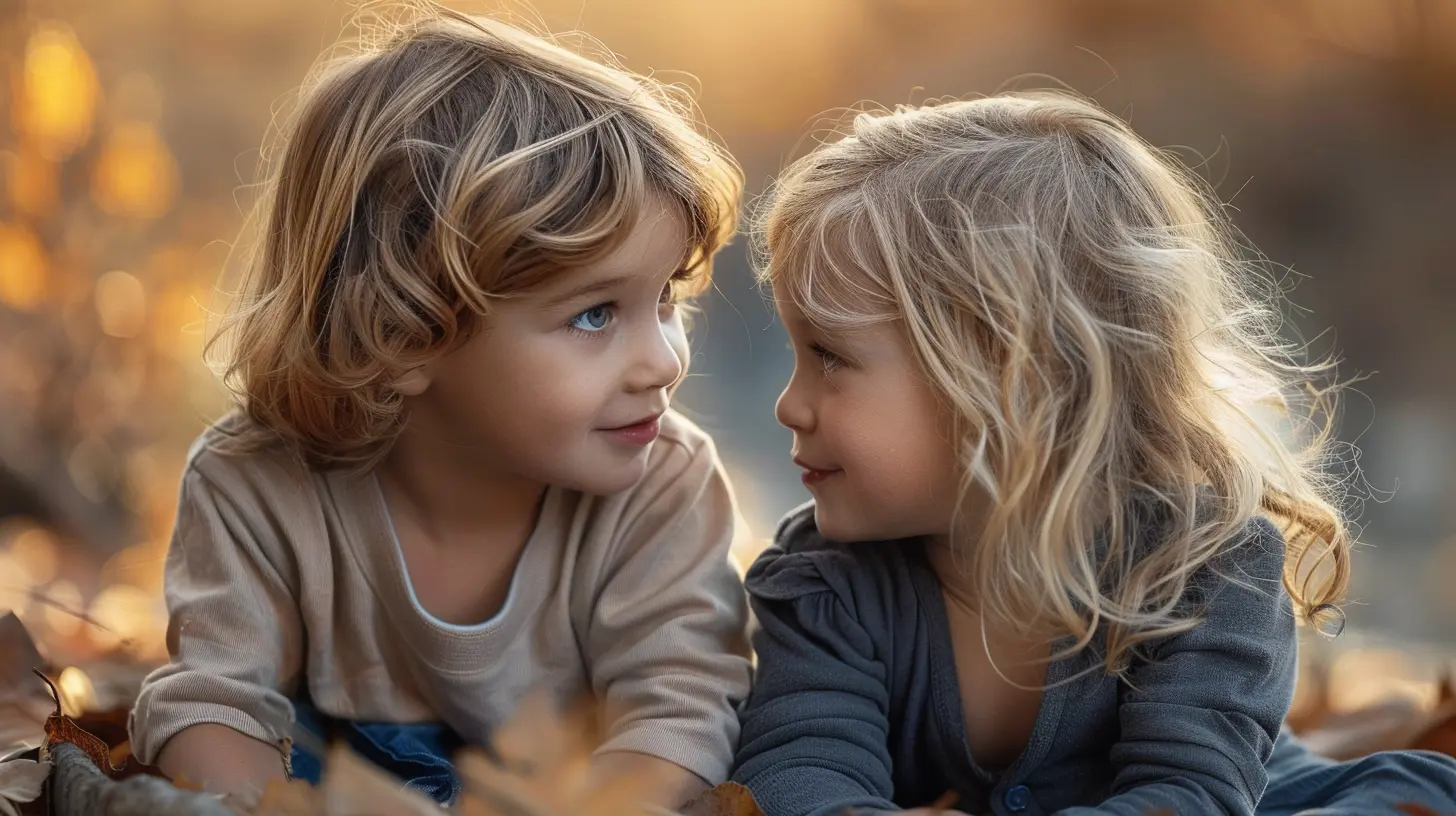
Teenage Years: The Emotional Rollercoaster
3. The Influence of Peer Pressure (Good and Bad)
Ah, adolescence—the time when peer influence reaches its peak. Teens aren’t just influenced by fashion trends or slang (remember when saying “lit” was cool? No? Just me?). They also start mirroring emotional patterns from their peer groups.- A supportive friend circle? You’ll likely develop higher self-esteem and resilience.
- A toxic, drama-filled group? Emotional turmoil and stress become regular visitors.
Ever notice how a friend with high anxiety can unintentionally make an entire group nervous? Emotions are contagious, and during the teenage years, we pick up on them like Wi-Fi signals.
4. Emotional Intelligence Bootcamp
Teen friendships provide a crash course in emotional intelligence. During this phase, social circles offer constant feedback on how to regulate emotions:- "Maybe don’t text your ex at 2 AM."
- "Crying after watching The Notebook is acceptable."
- "Ghosting people isn't the best conflict resolution strategy."
Through trial and error (and maybe a few heartbreaks), teens learn to fine-tune their emotional regulation skills. 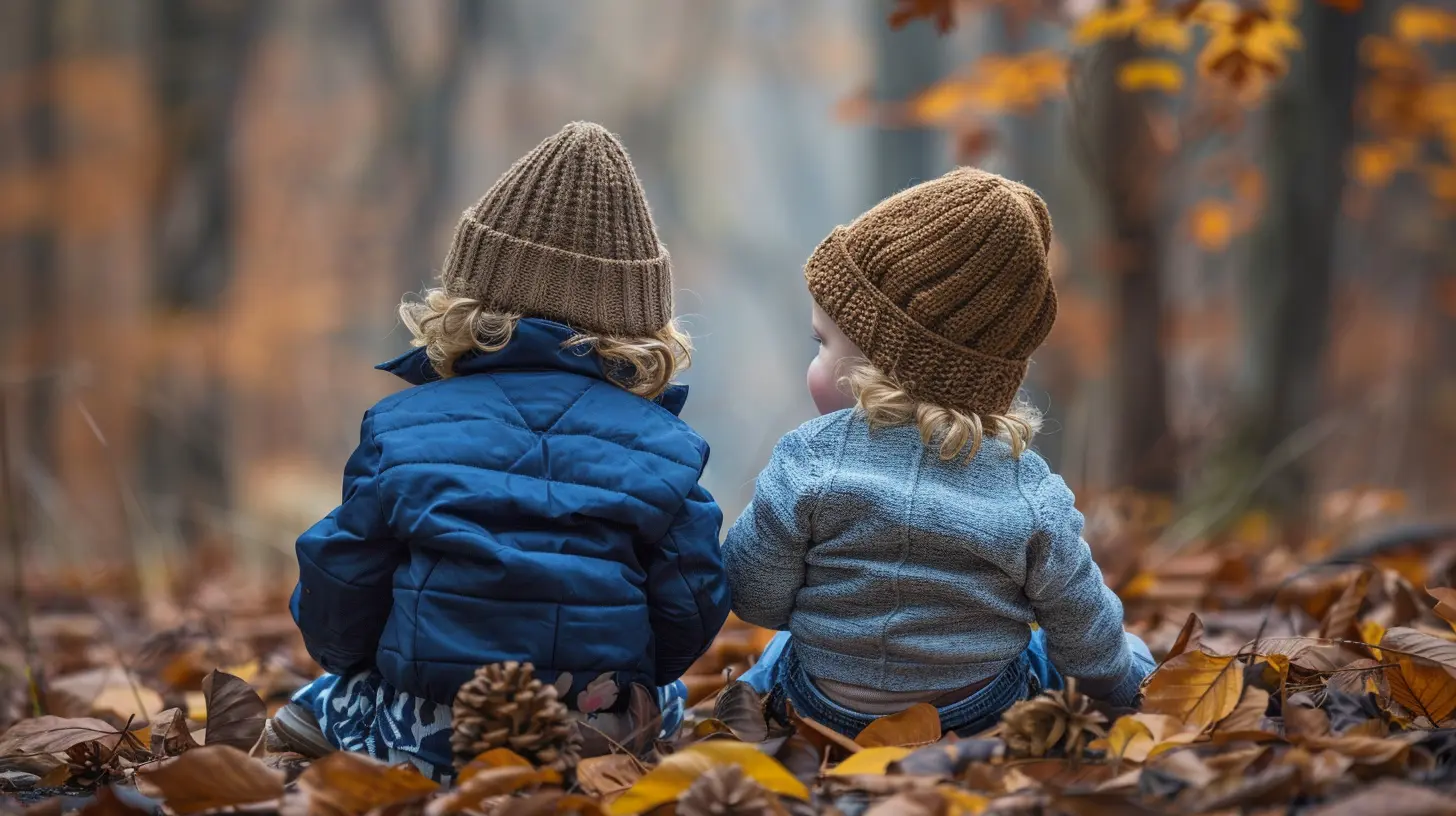
Adulthood: The Long-Term Effects of Peer Influence
5. Emotional Stability in Relationships
Ever wonder why you gravitate toward certain types of friendships as an adult? Our emotional blueprint often stems from past peer relationships.- If you had emotionally mature friends growing up, you’re more likely to seek out meaningful, stable relationships.
- If drama was the norm in your past social circles, you might unknowingly recreate similar patterns in adulthood.
6. Workplace Emotional Intelligence
Did you know that peer relationships in adulthood play a massive role in job satisfaction and mental health? Having emotionally supportive colleagues can boost your confidence and reduce workplace stress, while toxic coworkers can drain you faster than a Monday morning meeting.Peer interactions at work help develop skills like:
- Conflict resolution
- Empathy
- Adaptability
If your workplace interactions feel like a never-ending episode of Survivor, it might be time to reassess your emotional boundaries. 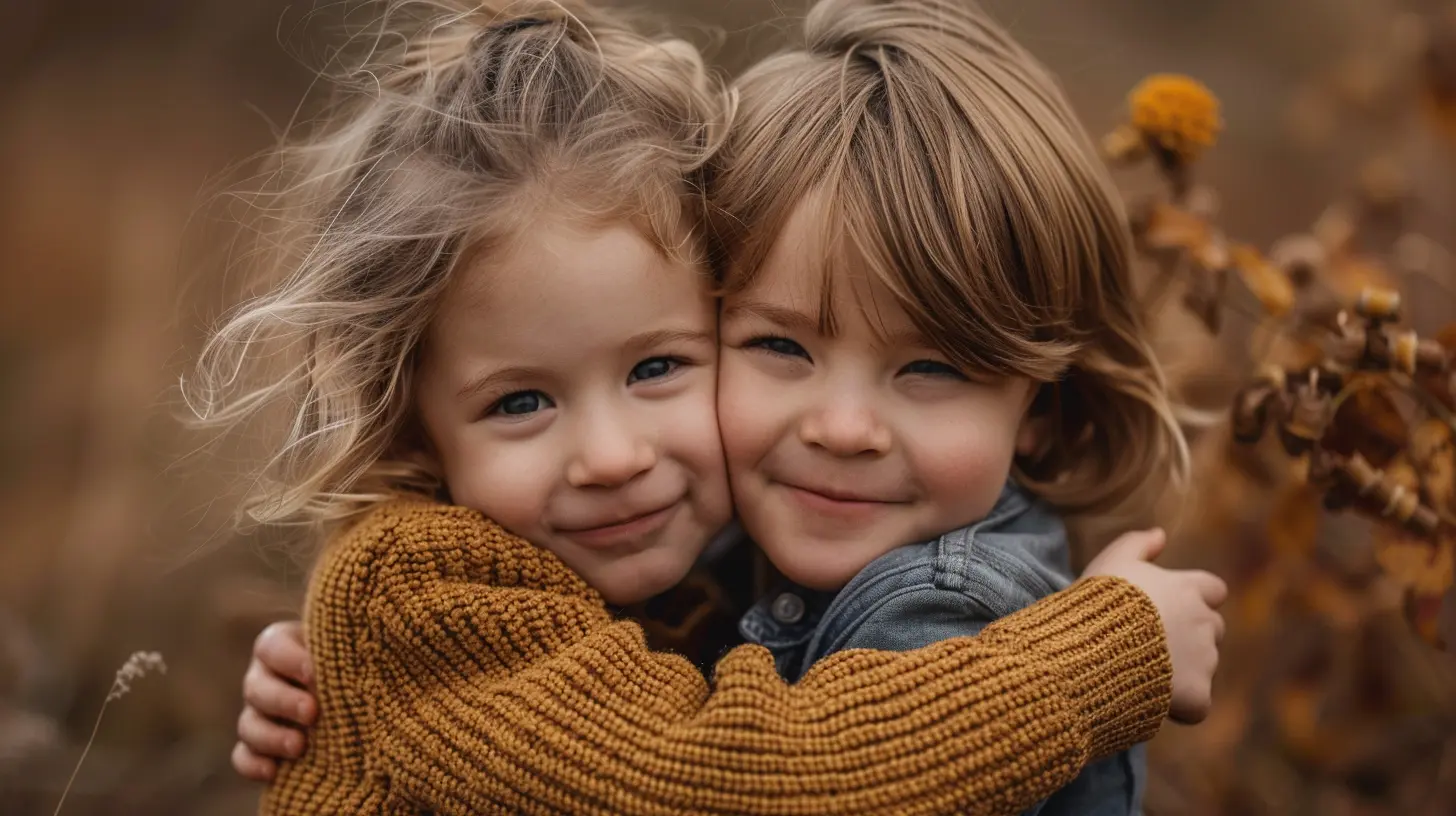
The Science Behind It All: Why Peer Influence Matters
Psychologists suggest that social interactions impact our brain’s wiring. Studies show that positive peer relationships promote:- Higher levels of oxytocin – The bonding hormone that makes us feel connected.
- Better stress management – Because nothing beats venting to a friend after a long day.
- Stronger emotional resilience – Life throws curveballs, but good friends act as emotional shock absorbers.
On the flip side, negative peer experiences can contribute to anxiety, depression, and low self-esteem.
How to Cultivate Emotionally Healthy Peer Relationships
So, how do you ensure that your friendships contribute positively to your emotional well-being?1. Surround Yourself with Emotionally Intelligent People
Not all friendships are created equal. Seek out friends who:- Listen without judgment
- Communicate openly
- Support your growth instead of tearing you down
2. Set Boundaries
Emotional development thrives in healthy environments. If a friendship drains you rather than uplifts you, it might be time to reassess. Boundaries aren’t just for romantic relationships—they’re crucial for friendships too.3. Be the Friend You Want to Have
Ever heard the phrase, "You attract what you are"? If you want emotionally mature friends, practice emotional maturity yourself. Be supportive, communicate effectively, and avoid unnecessary drama.Final Thoughts
Emotional development doesn’t happen in isolation—it’s shaped by the people we laugh with, cry with, and occasionally rant about life to. Whether you’re five years old making mud pies with your best friend or thirty-five navigating office friendships, your peers influence more than just your social life—they help shape your emotional world.So, choose your company wisely. After all, your emotions depend on it.
all images in this post were generated using AI tools
Category:
Child DevelopmentAuthor:

Paulina Sanders
Discussion
rate this article
1 comments
Juliana Schultz
Peer relationships serve as a crucial catalyst for emotional development, shaping our understanding of empathy, social norms, and self-identity. Navigating these connections fosters resilience and emotional intelligence, highlighting the profound impact of social context on psychological growth.
November 18, 2025 at 4:37 AM

Paulina Sanders
Thank you for your insightful comment! I completely agree—peer relationships are indeed vital for fostering emotional growth and resilience. Their influence on empathy and self-identity is essential for psychological development.
